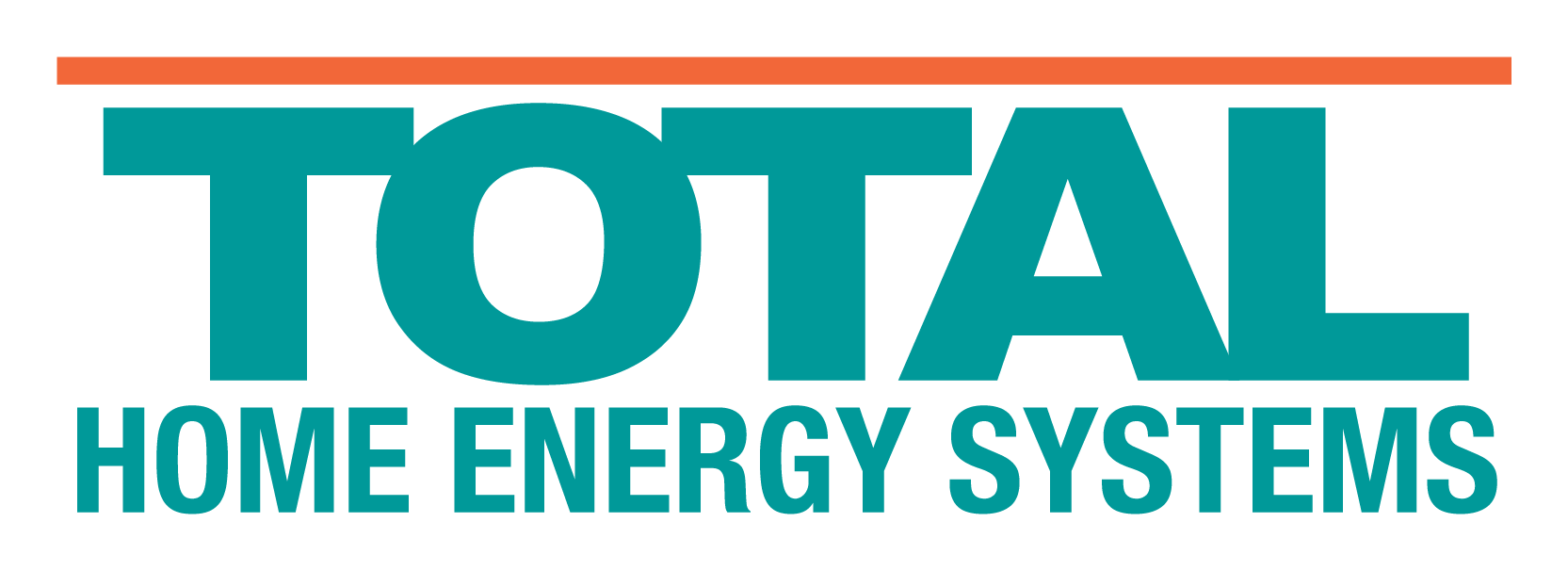Boiler Leaks: “My house smells like gas, what do I do?”
If you smell gas in your house, try to act quickly and remain calm. Begin ventilating your home by opening the windows and doors. Make your way to a safe area to contact your gas provider and report the leak.
While you are waiting for professional help, avoid open flames and do not use any electrical devices or switches. You do not want to risk igniting the gas and potentially causing a fire. If you can shut off the gas supply to your home, do so immediately.
If you are experiencing symptoms of gas exposure such as a headache, dizziness, fatigue, nausea, or irregular breathing, call your doctor for an assessment or go to the nearest hospital.
Signs A Boiler Is Leaking
Natural gas itself does not smell, but when it leaks from an appliance such as a boiler, it will produce a strong rotten egg odor.
Aside from the telltale rotten egg smell, you may also notice black stains around the area where the boiler is situated. Signs of condensation such as fogged windows or wet surfaces are also an indication that your boiler may be leaking.
What Is A Boiler?
A boiler doubles as a hot water heater and a furnace. It heats the water for your taps and appliances, but also uses hot water to heat your home through radiators or radiant floor systems. Although it is called a boiler, the water does not get that hot for residential use.
There are two types of boilers; standard and a combination setup commonly known as a “combi-boiler.” The standard boiler setup includes a tank to store cold water, with a cylinder for the hot water. A combi-boiler only heats water on demand, therefore eliminating the need for a cold water tank. Without the storage tank, this type of boiler takes up much less space.
How Dangerous Are Boiler Leaks?
Other than natural gas exposure symptoms, most boiler leaks are not dangerous. In some rare cases, the boiler flue may get blocked, which can lead to a carbon monoxide leak that can be fatal.
To protect yourself from the possibility of a potential leak, as well as maximize the lifespan of your boiler, you should have it:
- Inspected annually to be sure there are no leaks.
- Regularly cleaned and descaled for lime buildup.
- Fully flushed every six months.
- Lubricated twice per year to protect any moving parts.
Should You Have Your Boiler Checked?
If you have any concerns about your boiler, you should call a professional to come and check it as soon as possible. Although the health risks are minimal in most cases, the cost to repair any potential malfunctions will be higher if left unchecked.
Our certified boiler installation and maintenance team can check the condition of your system and perform any necessary maintenance or repairs, to ensure your boiler is running at peak performance with reduced energy bills and comfort through all seasons.
Call us today (519) 664-2008

